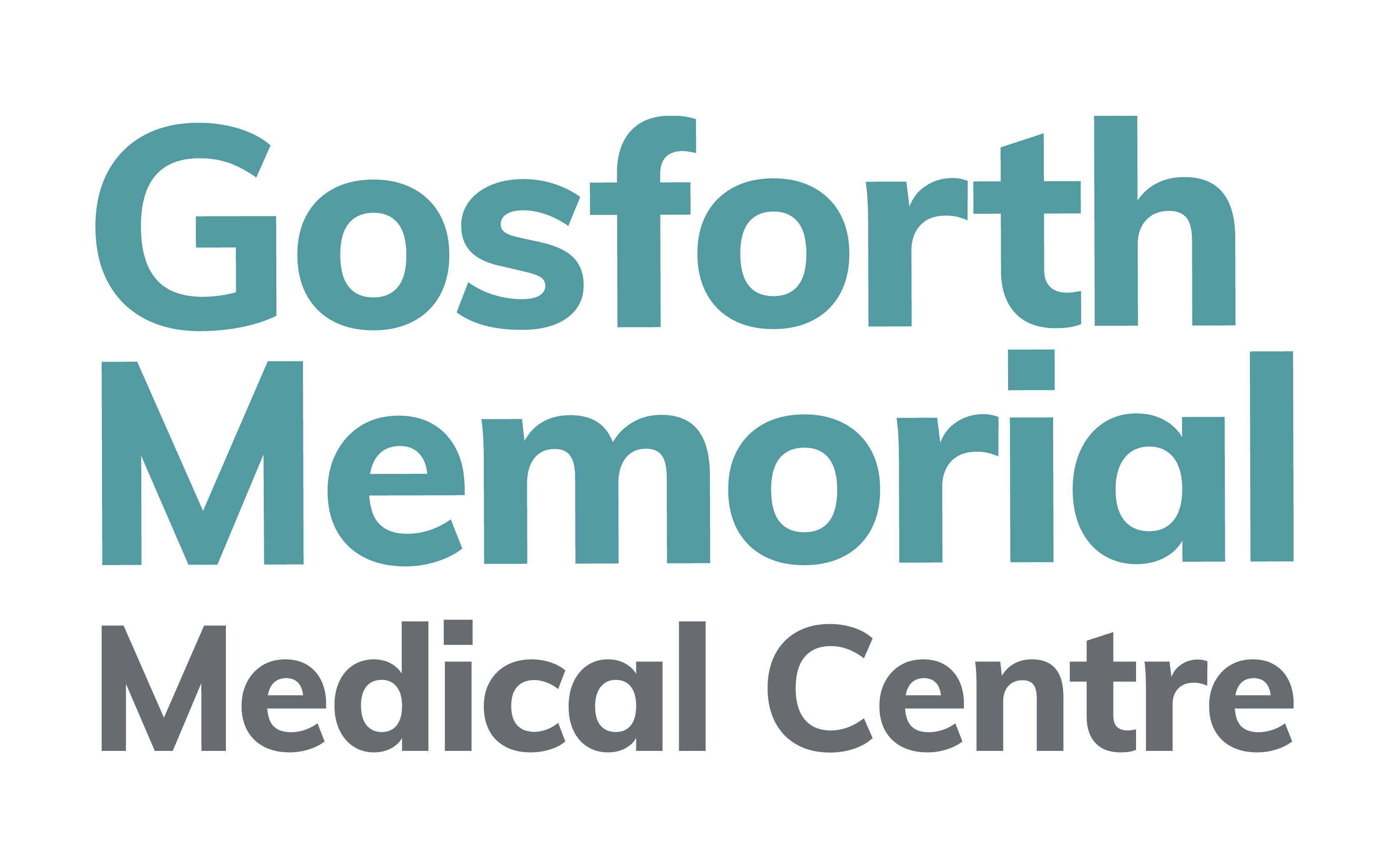Cervical Cancer Prevention Week
This week, 23rd to 29th January is Cervical Cancer Prevention Week.
Jo’s Trust – the UK’s leading cervical cancer charity – has launched a campaign to end cervical cancer.
Their message is that we have all the tools to end cervical cancer –cervical screening, HPV vaccination and treatment for cell changes.
But to end cervical cancer – and stop 3,000 women a year in the UK from receiving a cervical cancer diagnosis and save two women every day from dying – those tools need to be fully used.
Currently, 1 in 3 women and people with a cervix do not take up their screening invitations.
Increasing the uptake is the first step to ending cervical cancer, and it is something we have focussed on locally.
Our Research in Gosforth and Jesmond
Last year, a joint project between the two Primary Care Networks in Gosforth and Jesmond sought to find out what people thought about cervical screening.
We wanted to understand people’s experiences, reservations, and questions and create new communications and processes that would make the decision to attend a screening a bit easier.
More than 600 people shared their views.
What you told us
- Embarrassment, anxiety, and worry about the procedure being painful were some of the top reasons for not attending screenings.
- You wanted more and better information about the changes to testing for HPV and for people who do not have sex with men.
- The number of people who die of cervical cancer – around 850 in the UK yearly – was higher than you expected.
- More than half of the respondents were surprised to learn that nearly all cases of cervical cancer – 99.8% – were preventable and that this should be the central message of future communications.
- You wanted future campaigns about cervical cancer to be factual and statistically driven, augmented with first-hand stories from nurses and patients.
How we used the insight
We used what you told us to create new communications to share with patients.
The centrepiece was creating this video. It’s information-rich, driven by powerful statistics about death rates and preventability, and uses first-hand perspectives from patients and clinicians.
We hope the video will answer some people’s questions, help put them at ease, and help them make the decision to attend their next screening.
You can watch the video below.
